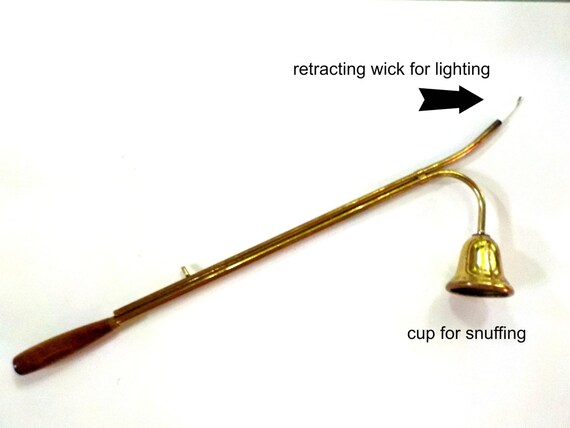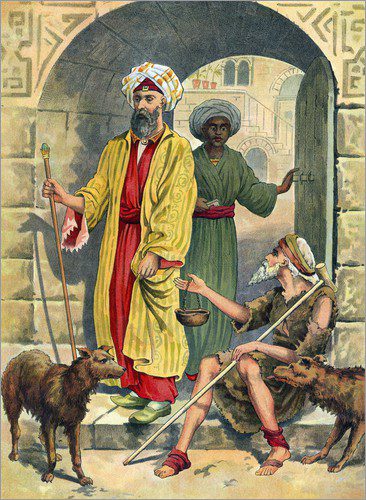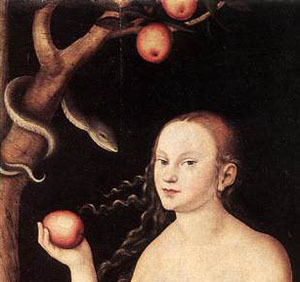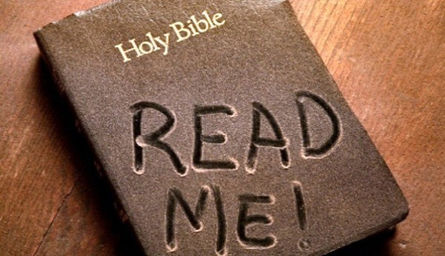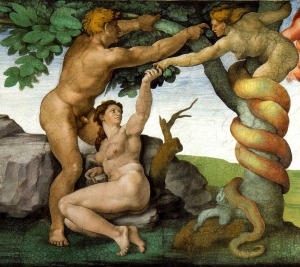Or so you'd think. You'd think that this is the great party, the great party that we're all on all the time. For in this time of year, the party begins, and we get into this way of thinking that Christmas is here already. But there's a problem with that, which is that we are people who get sick of this forced mmerriment eventually. Did you know this? By the time we get to the actual Chriatmas day, then we usually just want it to be over laready. Let's wrap it up, get to the movie threatre, and try to forget that Christmas ever happned. That's why we have the movie called 'surviving Christmas'.
This happens because Advent vanished. It disappeared some time ago, gobbled up by Christmas. We have a season of Christmas, a very very long one, but it's in the wrong place, and it takes up too much time. It grew, spread out, and invaded Advent, eventually co-opting the entire season, and turning it into something completely different. Turning it into more Christmas. Now, on the surface, this sounds great, right? This sounds fantastic. More party, more merry-making, what's not to like? Well, here's the trouble, kids. What we have done is to move directly to joy and merriment with no preparation.
You all know that you can't start Christmas at some arbitrary time, right? you all know that you can't just get Christmas going out of nowhere. You need time, you need preparation, you need space in which to get everything done. Think of it like cooking a turkey, something you hopefully understand fairly well. Cooking a turkey takes time. You can't flash fry it, that won't work. It's a big old bird, and requires time to make it palatable, and less-fatal. You can't just toss it in the oven and cook it for half the time at twice the temperature. That just leads to a bird burned on the outside, and frozen on the inside. And if it works this way for a turkey, imagine how it works for your soul, for your spirit.
You need time to prepare. When Christmas comes, it should be a time of great joy, that Christ has come into the world. It shouldn't be a time where you are just waiting for it to be done with. But you won't be in that frame of mind if you've been in a holiday that has been lasting for two months before it can officially start. By the time Christmas gets here, you've been in the throes of it since the beginning of November, and you've skipped advent.
So what is Advent for? It's for preparation. And it's for waking up. It's for rousing yourself from sleep, and preparing to take on the day ahead. Advent is your time to get ready for what is happening, and what is going to happen. If you listen to the Advent readings, as most of us rarely do, the readings aren't joyful, they aren't riotous, they aren't phenomenal in their exultation. Instead, they are intensely repentant in their character. They are greatly repentant in what they say and what they tell us. It isn't quite as sackcloth and ashes as Lent, but it's darned close. Here, in the season of Lent, the atmosphere ought to be decidedly penitential, in keeping with the words and work of John the Baptist. For John, as the voice calling out in the wilderness, is busy telling people to get their lives right, to figure it out before it is too late, for it will be too late faster than they'd expect. John tells them that the axe is at the root of the tree, that the winnowing fork is in Christ's hand, and that judgment day is in fact coming.
When the people hear this, they panic, as they ought to do, and ask John 'then what are we to do?' Right. And this is the big question that will dominate our thoughts over the course of Advent. You and I, as good, Bible-believing Christians, looking maybe for the first time at what John and Christ would say about the second coming, we may ask ourselves 'what do we do?' And the answer that we get for this week is simple. Wake up.
Wake up, as the epistle to the Romans says. Wake up for the night has passed, and get yourself out of those works of darkness. Paul doesn't mince words here, moving for an end to orgies, drunkenness, sexual immorality, all that stuff that not just makes up immoral works and deeds, but also makes up the sleep of our lives. There was a great bit in that great book 'The Screwtape Letters,' that gets into this, where, to paraphrase, Screwtape describes the gradual bleedout of life from people, stating that their lives
You will find that anything or nothing is sufficient to attract his wandering attention. You no longer need a good book, which he really likes, to keep him from his prayers or his work or his sleep; a column of advertisements in yesterday's paper will do. You can make him waste his time not only in conversation he enjoys with people whom he likes, but in conversations with those he cares nothing about on subjects that bore him. You can make him do nothing at all for long periods. You can keep him up late at night, not roistering, but staring at a dead fire in a cold room. All the healthy and out-going activities which we want him to avoid can be inhibited and nothing given in return, so that at least he may say, as one of my own patients said on his arrival down here 'I now see that I spent most of my life in doing neither what I ought nor what I liked. The Christians describe the Enemy as one 'without whom nothing is strong,' and Nothing is very strong. Strong enough to steal away a man's best years not in sweet sins but in a dreary flickering of the mind over it knows not what and it knows not why, in the gratification of curiosities so feeble that the man is only half aware of them, in drumming of fingers and kicking of heels, in whistling tunes that he does not like, or in the long, dim labyrinth of reveries that have not even lust or ambition to give them a relish, but which, once chane association has started them, the creature is too weak and fuddled to shake off.
This is what Paul wants us to steer clear of, this fuddling, this clouding, this somnambulation through life where we end up stagnating in the same sins, as though we were dreaming. And like with any addiction, the sins we are addicted to, we don't even enjoy them after a while. Once we become comfortable in them, we continue to commit them with no encouragement, no temptation, it just becomes sort of what we do.
Paul has in mind for us to wake up. Christ has in mind for us to wake up. Shake off the gloomy sleep that encroaches, push through the fog, and realize that the time for the return of Christ is closer than you may imagine. But fortunately, you have been given time. We all have. The time of preparation is now. Advent is the time not just for the preparation for the birth of Christ, but for his return. This is the time where we as Christian people focus on how we have prepared for his return,
Christ told us in the Gospel reading that we won't know the day nor the hour of his return, and if we take him seriously, that means that we shouldn't be trying to figure it out. That means that we should be living in such readiness that it won't matter. The entire Christian universe has been living in preparation for the end times since the time of Christ, and this time should be no different. Don't get comfy, don't assume that you're living at the end of history, don't feel as though you've got all the time in the world. Seriously consider that Christ is coming back, will be here at some point, and then ask yourself, if that were true, what would you do differently?
Because it is true.
And whatever you'd change, do it now.



